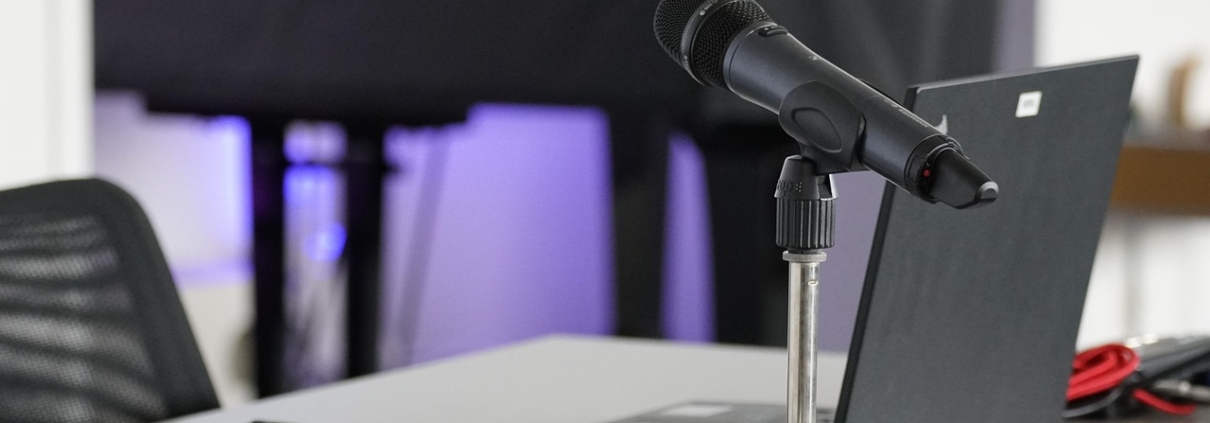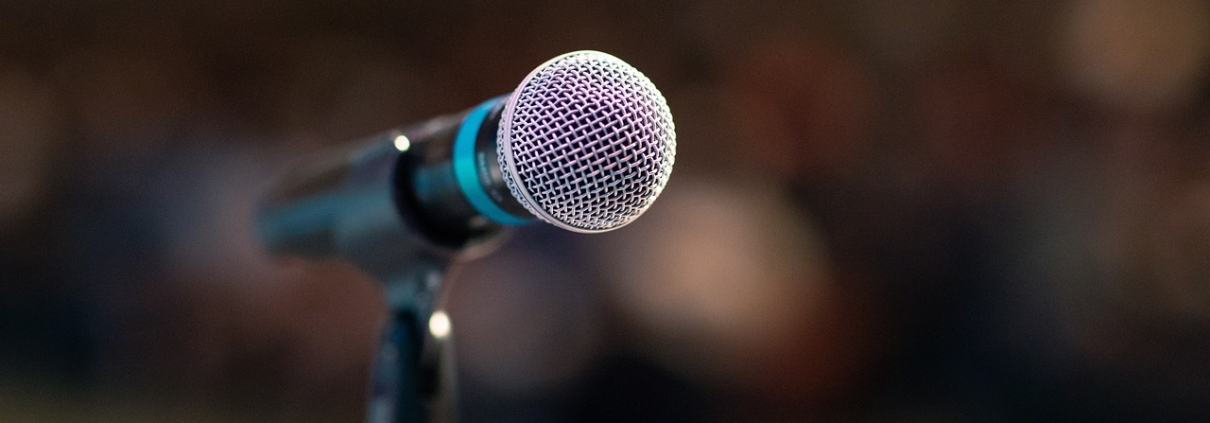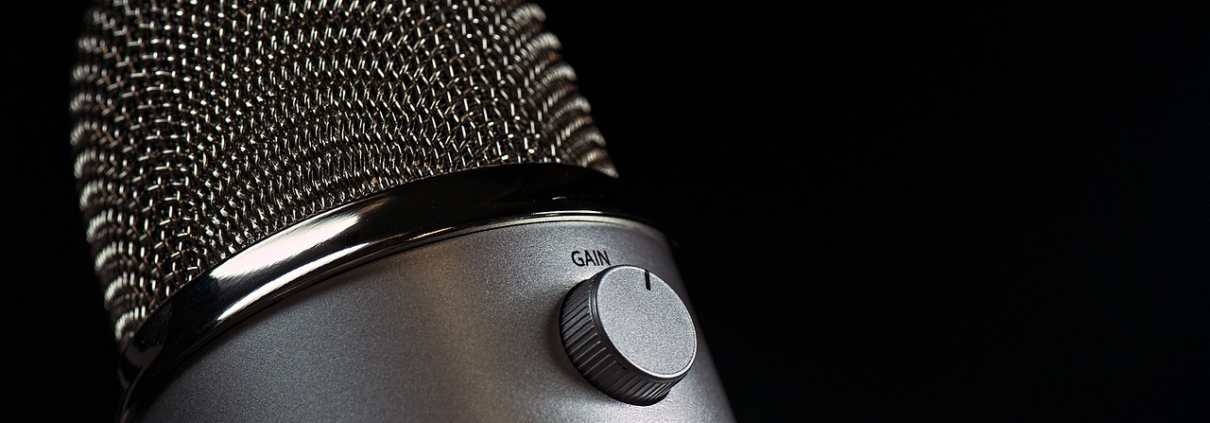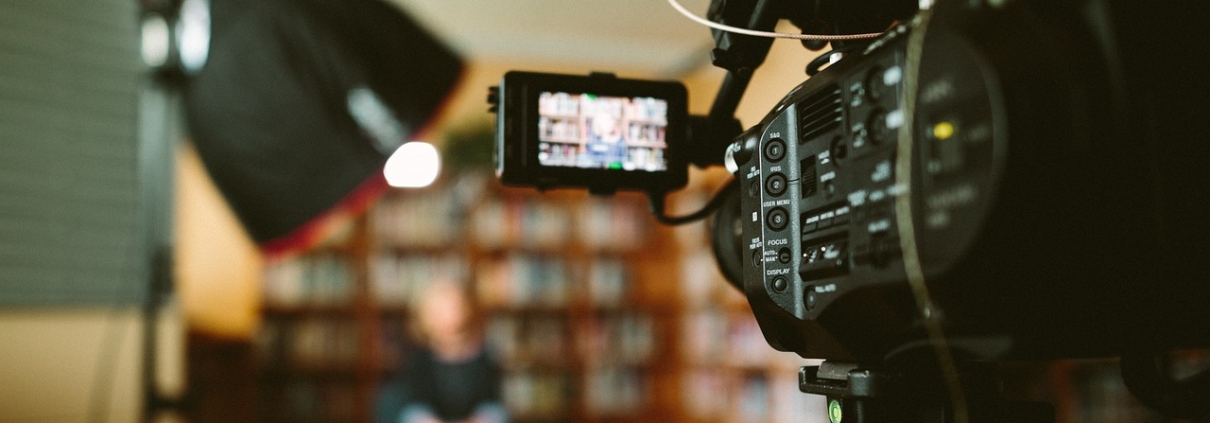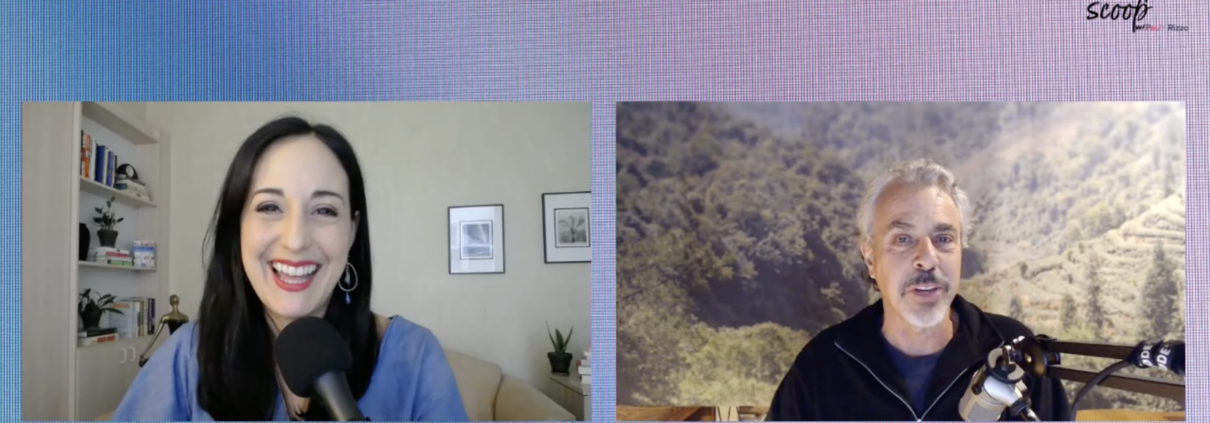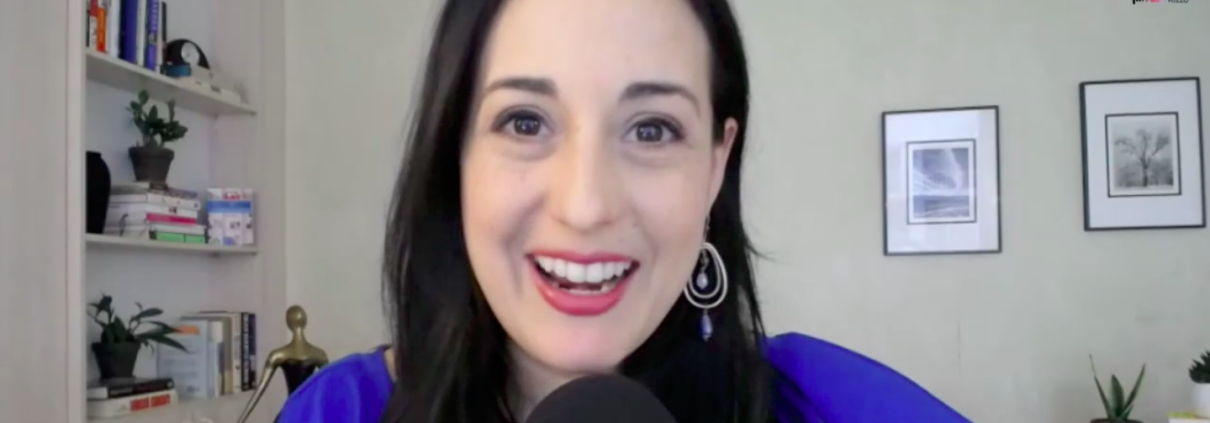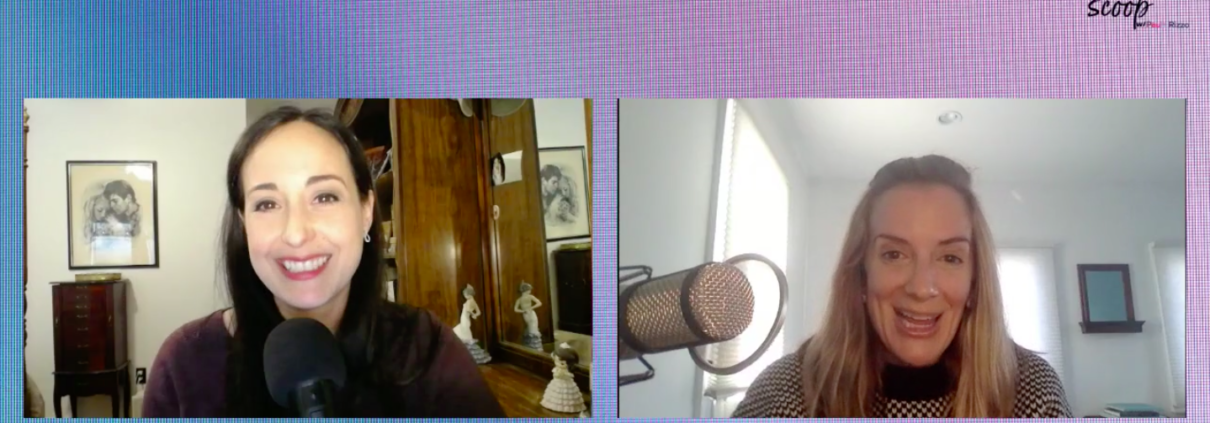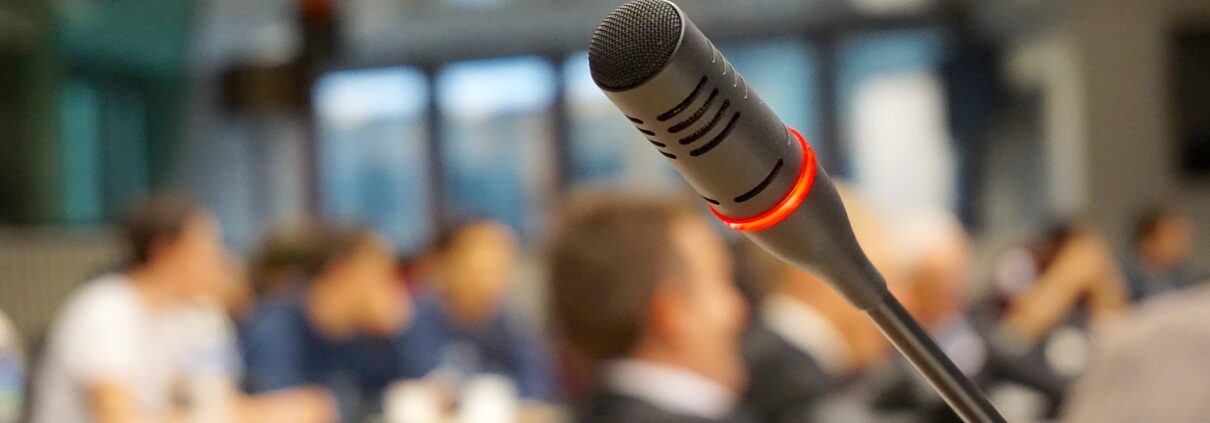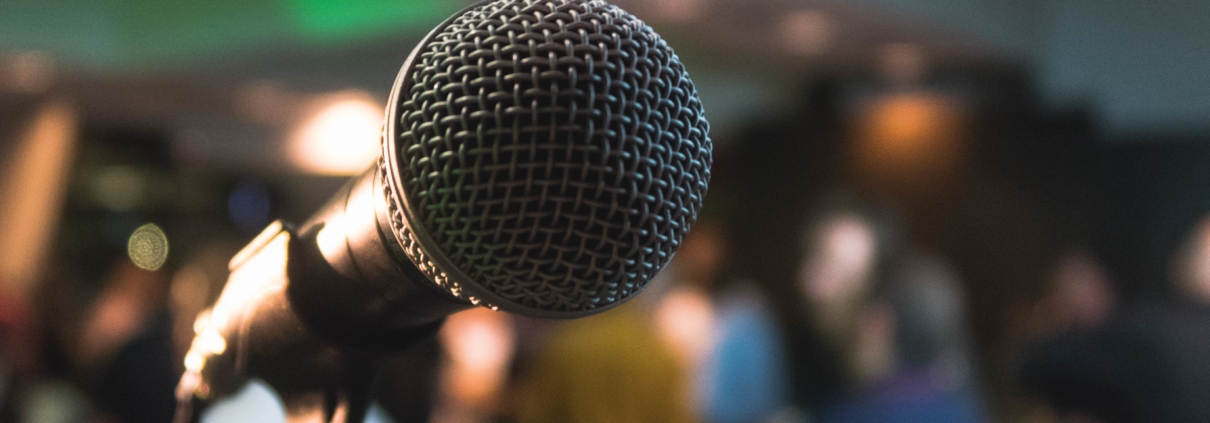You know that getting the attention of a producer or editor is key to raising the profile of your message and your brand.
It’s just as important, however, to hold your own in front of a crowd. The ability to speak on camera and on stage are absolutely linked; they just require different applications of the same skill. And the better you get at one, the better you get at the other.
In his (fantastic) book, The Official TED Guide to Public Speaking, TED curator Chris Anderson says that as a “leader—or as an advocate—public speaking is the key to unlocking empathy, stirring excitement, sharing knowledge and insights, and promoting a shared dream.”
Oratory, as transformative as it can be, is not magic. You can learn the skills for being a better presenter on TV and elsewhere—and public speaking is a great way to flex that muscle often.
Here’s what great speakers have in common with go-to media experts.
- They know why they’re there—and why you’re there.
A great speaker, like a go-to media pro, is attuned to both. The way you think about the different audiences on television or in magazines is precisely how you should think about event attendees. Know exactly why they’re there.
I always ask the event organizer not just what the event is for (“women’s networking” or “stress relief for our employees”), but literally why they are there. In the room. Meaning: did they pay $200 a plate to attend, or did the boss say, “You have to go to this.” When you know this, you can shape your talk and expertise to serve that need first.
- They work hard to keep your attention.
Believe it or not, I think public speaking can make presenters lazy—because they have a captive audience who claps when they’re done (which they do no matter what they think). The strongest, most effective speakers treat that audience the way they would a media viewer, whose finger is poised to change channels in a heartbeat.
Realize that just because your audience is sitting there doesn’t mean they’re “there.” The best speakers work hard to keep you engaged—by being entertaining, piquing your curiosity, making you laugh, inviting you to participate.
You have seen speakers fail to do this (when they take the stage, you start scrolling through your email). Make it your goal not just to dispense information to your audience, but realize that everyone is a half second away from tuning out. Everything you choose to say should connect with a reason why they should care.
- They stick to the point.
In media, you’ve got seconds, not minutes. And with such a tight window in which to deliver key talking points on air, you know you’ve got to stay on topic.
Same goes for speaking. Thirty minutes flies, too (trust me on that). Don’t assume you can squeeze all you’ve got into a 30-minute sized bag. Instead, think of every talk as a carry-on suitcase: You only have enough space to pack what they can take with them that day. You can’t pack everything, and shouldn’t try.
You should be able to make a case for why you’re including every point, every paragraph (as I do when I’m packing three pairs of shoes for a weekend trip). Beware the temptation to go on and on because they’re sitting there. Be sure that your goal first and foremost is to solve the problem you’re there to solve—and do it efficiently.
(Want to be a better speaker? Have dreams of giving a TEDx talk? Register for my FREE online training, “5 Steps to a Killer TEDx Talk—Even If You Don’t Have a Topic.” It’s happening live this Wednesday, February 1st and Thursday, February 2nd 2017. Hold your seat!)
Terri Trespicio is the co-creator of Lights Camera Expert, a six-week program that teaches experts, authors, entrepreneurs how to get, and keep, media attention. Visit her at territrespicio.com.

